On a recurring basis, certain myths or fashions are reactivated in sports environments. One of them is that eating carbohydrates during dinner "makes you fat." Let's analyze the subject a bit.
The idea that is handled is that if it is not spent overnight, why put high octane gasoline, since it will end up being saved as fat because it is a surplus of energy. What is not taken into account that has been spent during the day, and may be pending replacement. In dietary terms, dinner should be largely a compensation and rebalancing of what was eaten for the rest of the day (based on the fact that the rest of the day is already eaten "reasonably balanced"). It should be a compensatory exercise to maintain the optimal proportions of the different nutrients (carbohydrates-proteins-fats), micronutrients and minerals, throughout the day.
What makes you fat is eating morelimento, in terms of number of calories, of what has been spent, of what is needed to replenish what was consumed.
If we take into account that what the guidelines for cross-country sports recommend is a proportion of immediate principles of 60-70% carbohydrates, 12-15% proteins and 20-25% fats, it is difficult to have consumed the all of those 60-70% of carbohydrates during pre-dinner meals.
Furthermore, the clearest example of how inconvenient it is to limit the intake of carbohydrates is found in what all the guides recommend for eating.limePre-competition training: DIET RICH IN CARBOHYDRATES. Therefore, it does not seem very logical to invest the advice for the day to day. And the problem is further aggravated if you train in the evenings.
So categorically, in the case of endurance sports we could consider it a huge mistake, very negative.
In the case of strength sports, the premise that dinner is an exercise to compensate what is eaten the rest of the day should continue to be fulfilled, and avoiding eating more than what is consumed. On the other hand, carbohydrate intake (and its corresponding storage in the form of glycogen) SI that increases body weight more than if they were not ingested. The point is that carbohydrates are stored in the form of glycogen, and this requires WATER for its storage, which is an apparent weight gain.
Also in strength sports a sufficient supply of carbohydrates is necessary. It must be borne in mind that they are, so to speak, the energy suppliers in the second instance (first it will be ATP-Creatine phosphate) required for the development of work (force), and they will have to be replaced, otherwise one enters a deficit situation that generates, among others, fatigue, loss of strength, and, finally, loss of muscle mass.
Professor Grande Covián, father of modern dietetics, said that the only food that is not fattening is the one that is left on the plate...
Therefore, it is about eating the sufficient and proportionate amount of each of the different immediate principles (carbohydrates-fats-proteins), or less if what you want is to lose weight, but without changing those proportions.
Dr. Luis Garcia del Moral Betzen


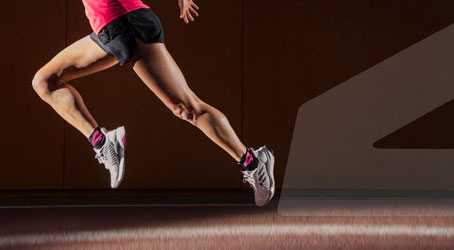

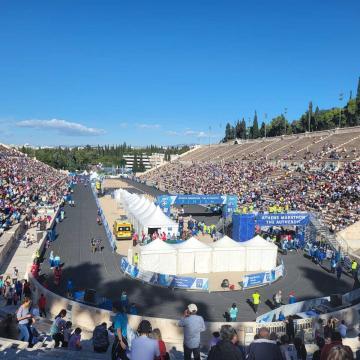
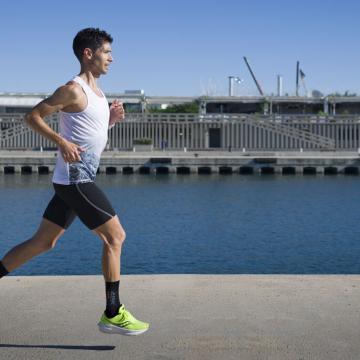
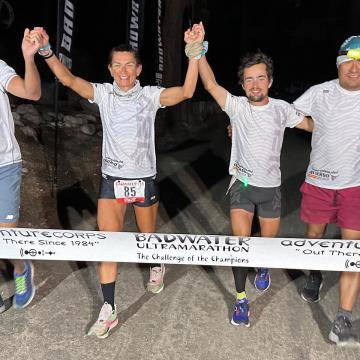






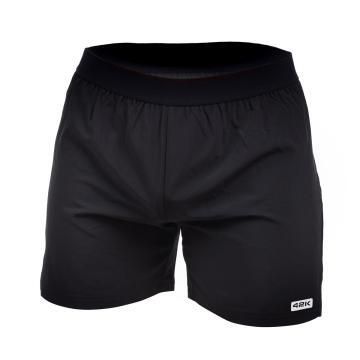
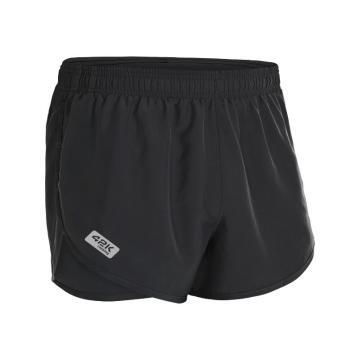
Comments
Post a first comment for this entry!